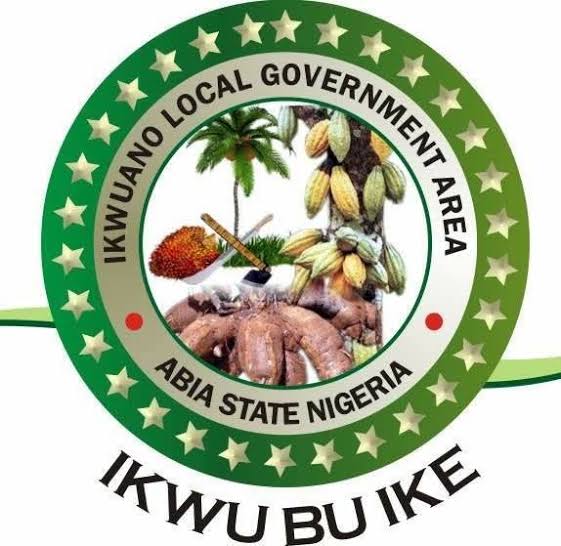The Heart of Ikwuano: Agriculture, Economy, and Sustainability
by admin on | 2024-11-05 09:41:15
Share: Facebook | Twitter | Whatsapp | Linkedin

Agriculture has always been the lifeblood of Ikwuano, playing a key role in its economy and supporting countless households. Known for its rich soil and diverse crops, Ikwuano’s agricultural landscape has evolved over the years while maintaining its essential character. Let’s dive into how agriculture shapes the community's past, present, and future.
Main Agricultural Products
The fertile lands of Ikwuano produce some of Nigeria’s staple crops, including cassava, yam, and palm oil. These crops aren’t just essential for local consumption; they’re also part of Ikwuano’s agricultural economy. Local farmers work diligently to cultivate these crops, preserving traditional methods while also embracing modern farming techniques.
Traditional and Modern Farming Practices
Historically, Ikwuano’s farming practices were rooted in communal traditions, with knowledge passed from one generation to the next. Today, these practices are combined with modern techniques to improve yield and efficiency. Sustainable methods like crop rotation and organic farming are also gaining popularity, promoting long-term productivity and environmental health.
Economic Impact
Agriculture is not just about crops; it’s the foundation of Ikwuano’s economy. From local markets to regional trade, agriculture supports livelihoods and fosters a strong sense of community. Local cooperatives have emerged to support small-scale farmers, providing resources, training, and access to broader markets.
Future Prospects
Looking forward, Ikwuano has great potential for further agricultural development. By diversifying crops and promoting sustainable practices, the community can strengthen its economy and support future generations. Agro-tourism is another promising area, with visitors gaining insight into traditional and modern farming techniques while supporting the local economy.
Conclusion
Agriculture in Ikwuano is a story of resilience and adaptation. As the community continues to innovate while honoring its roots, Ikwuano’s agriculture remains a powerful source of pride and prosperity.
-
 Preparations Heat Up for the Inaugural Ikwuano Super League
Preparations Heat Up for the Inaugural Ikwuano Super League
-
 Discovering Ikwuano’s Rich Heritage: History, Culture, and Traditions
Discovering Ikwuano’s Rich Heritage: History, Culture, and Traditions
-
 Top 5 Must-See Tourist Spots in Ikwuano
Top 5 Must-See Tourist Spots in Ikwuano
-
 The Heart of Ikwuano: Agriculture, Economy, and Sustainability
The Heart of Ikwuano: Agriculture, Economy, and Sustainability
-
 Exploring the Rich Ekpe Culture of Ikwuano: A Heritage of Tradition and Identity
Exploring the Rich Ekpe Culture of Ikwuano: A Heritage of Tradition and Identity
-
 BREAKING: Oil Marketers to Import Cheaper Petrol, Cite High Prices from Dangote Refinery
BREAKING: Oil Marketers to Import Cheaper Petrol, Cite High Prices from Dangote Refinery
-
 Ikwuano Daily News Roundup - November 5, 2024
Ikwuano Daily News Roundup - November 5, 2024
-
 Tragic Loss: Chief of Army Staff Lt. General Taoreed Abiodun Lagbaja Dies at 56 Ikwuano Daily | Reported by Isabella Nwankwo | November 6, 2024
Tragic Loss: Chief of Army Staff Lt. General Taoreed Abiodun Lagbaja Dies at 56 Ikwuano Daily | Reported by Isabella Nwankwo | November 6, 2024